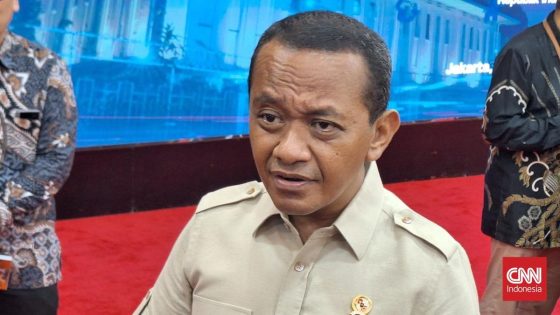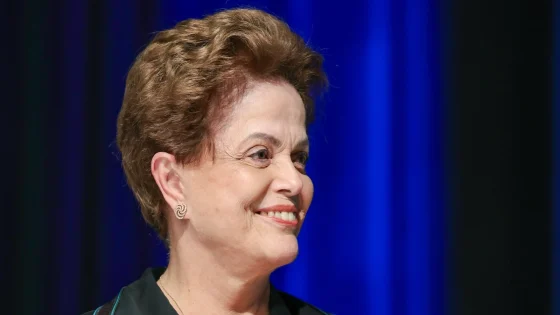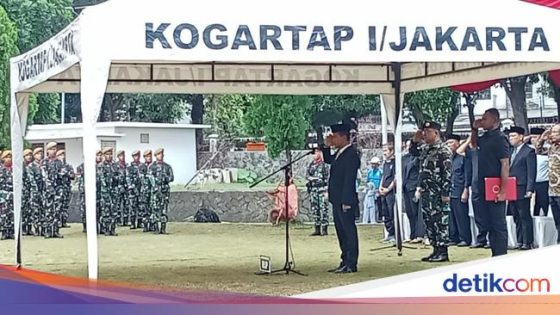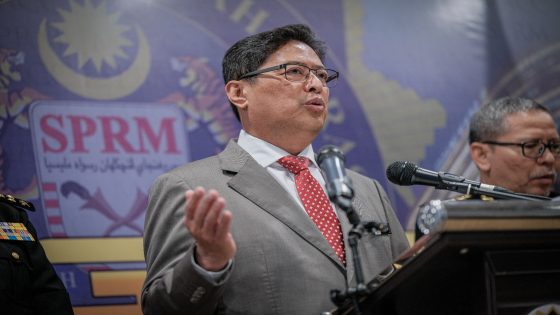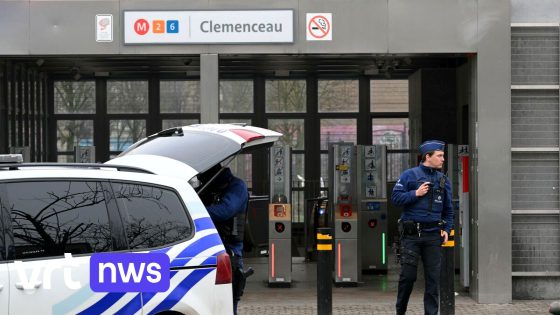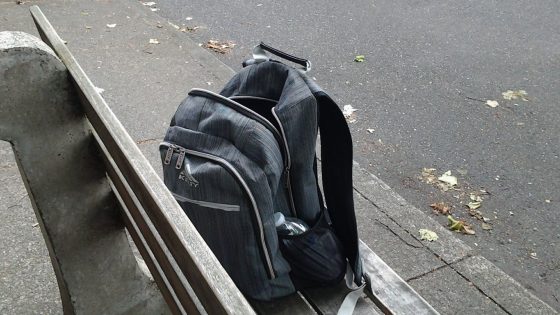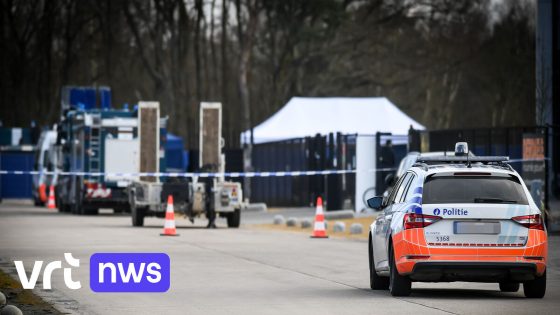On February 2, 2025, Indonesian Minister of Energy and Mineral Resources Bahlil Lahadalia addressed concerns regarding the availability of 3 kg LPG gas cylinders. He clarified that there is no gas shortage as the supply for 2024 and 2025 remains consistent. But what does this mean for consumers and prices?
- No LPG 3 kg shortage, says Minister
- Supply for 2024 and 2025 remains constant
- Transition from retailers to distribution centers
- Government aims to stabilize LPG prices
- New regulations to support direct purchases
- Minister emphasizes government's good intentions
Bahlil emphasized that the current situation is due to a shift from retailers to distribution centers, aiming to stabilize prices for the public. Is this change beneficial for everyday consumers?
Indonesian Government’s Plan to Stabilize LPG Prices for Consumers
How will the government’s new strategy affect LPG prices? Bahlil Lahadalia explained that the shift from retailers to distribution centers aims to make LPG more accessible and affordable for the public. This change is designed to eliminate high prices caused by retailers and ensure consumers buy directly from distribution centers.
Understanding the Transition from Retailers to Distribution Centers
The Indonesian government is working to change the status of LPG retailers to distribution centers. This adjustment is expected to simplify the purchasing process for consumers and potentially lower costs. Here are key points to consider:
- The government aims to ensure consistent LPG supply through distribution centers.
- Consumers may benefit from lower prices by purchasing directly from these centers.
- Current discussions focus on creating regulations for this transition.
- Public awareness campaigns will help consumers understand the new purchasing process.
Benefits of Direct Purchasing from Distribution Centers
Purchasing LPG directly from distribution centers offers several advantages. First, it can lead to significant savings on gas prices. Second, consumers will have a more reliable source for their LPG needs, reducing the risk of shortages. Lastly, this initiative could streamline the distribution process, making it more efficient.
Challenges in the Transition Process
While the government’s plan is promising, challenges may arise. Some retailers might resist the change, fearing loss of income. Additionally, consumers may need time to adapt to the new purchasing methods. Ensuring a smooth transition will be critical for the success of this initiative.



